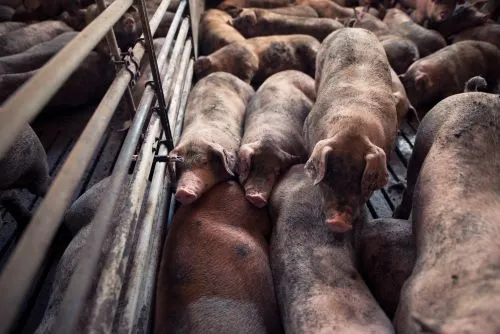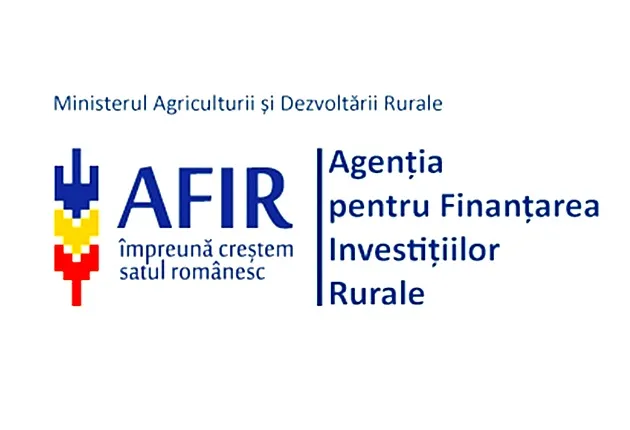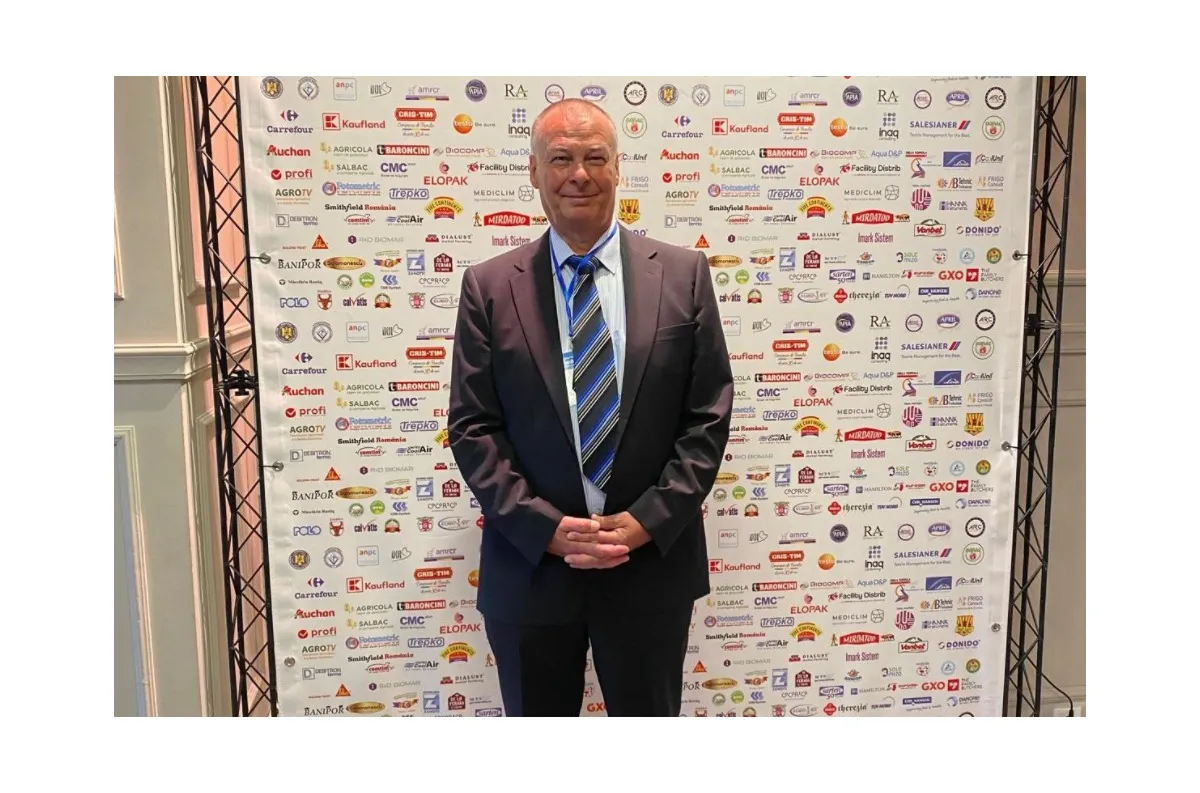1286

Many cheese companies have undergone rebranding efforts to attract a younger generation of buyers. But are they targeting the right consumer group, wonder the authors of a study cited by DairyReporter?
Emphasizing Sustainability
The farm retail industry in the UK generates £1.4 billion annually, according to 2022 research conducted by Harper Adams University and funded by the Farm Retail Association.
There are over 1,500 farm shops nationwide, with a third of them opening in the last decade. Despite the economic uncertainty triggered by the pandemic, the vast majority of retailers (89%) reported increased sales since 2019.
Brexit concerns and food security have led consumers to buy more locally-produced food. According to Statista, the share of domestically consumed food reached a new high of 58% in 2021, up from 54% in 2020.
Shopping attitudes have also shifted towards local stores. Statista reveals that about 40% of adult consumers intended to increase purchases from local shops in 2019, compared to 60% in 2020.
The pandemic has also influenced buying behavior, with more younger consumers visiting farm and specialty food stores in 2020, while those over 55—previously the most frequent users of such stores—opt for online shopping.
This trend in consumer behavior has influenced product and brand development in the past two years. Bold sustainability messages were prominent in many stalls at this year's Specialty and Fine Food Fair, as producers showcased offerings designed to attract a younger demographic.
Stronger Branding and Sustainability Messages
The farmer-owned cooperative Organic Herd, which changed its name from Omsco in August 2023, unveiled its range of 14 new products, including flavored and traditional butters, drinking chocolate, chocolate bars, and cheese.
Wrapped in colorful packaging—ranging from magenta and teal to navy and yellow—decorated with a playful character, the consumer-targeted range is ready to enter delis and farm shops nationwide.
Project Manager Richard Lakeman told DairyReporter that one of the cooperative's priorities is to convey the message about the importance of organic farming to consumers, especially the younger ones. "We're trying to be disruptive," he said. "Organic products have been undervalued in the UK, and we want to make consumers think about how we farm."
Pointing to the "How We Farm Matters" badge on the front label of each item, he added that the range could attract those who embrace the cooperative's values and are climate-conscious. "Our cows are grass-fed and also raised outdoors, and our farmers don't use herbicides, which helps biodiversity in the areas where they grow," Lakeman said. "This launch is so exciting for them because it genuinely brings something new to the table, and all profits will benefit the same farmers who produce them."
Asked about the consumer group the cooperative is targeting, Lakeman said it's the younger demographic, including Generation Z. "That's the challenge we have at hand, convincing younger buyers who are more concerned about their environmental impact to buy into the organic ethos."
A Shared Sentiment
This sentiment was shared by the team at Golden Hooves, the consumer brand of the dairy cooperative First Milk. Leona McDonald, Business Unit Director at First Milk, said it's important to convey the message about regenerative agriculture and how cooperative farmers make a difference through actions such as carbon capture in soil.
"It's a mindset, and it never stops," she said. The cooperative's focus on regenerative agriculture is hoped to attract younger buyers to the Golden Hooves cheddar range, which now includes a Vintage Cheddar showcased at the fair along with the brand's mature Cheddar.
"We definitely see more young people in farm shops than before," McDonald said. "They care more about the environment and where their food comes from. So we want to tap into that emotional side. And it helps that our cheese tastes good!"
The organic cheddar producer Godminster from Somerset also underwent a recent rebrand. Founded in 1993 and offering a range of traditional and flavored cheddars in various shapes and sizes today, the company's new branding took two years to complete and draws on the rich history of the region as well as traditions in milk production and cheesemaking.
But What Do Young Buyers Want?
Convincing climate-conscious millennials and Generation Z shoppers to buy dairy products through messages about taste and sustainability is an obvious path to take, but, like in any business, there are risks.
While millennials seemed to be the "biggest supporters" of shopping at farm stores (41%), according to 2021 research by HGEM, all other age groups favored premium supermarkets.
While there has been an increase in the number of younger consumers visiting specialty and farm shops in recent years, older and wealthier demographics still make up a large portion of the consumer base. Younger buyers are also increasingly interested in dairy alternatives, with 49% of Generation Z members saying they felt "ashamed" to order dairy in public.
But there are other factors making this demographic unpredictable. Ayisha Koyenikan, an associate director at Mintel, was among the participants in a discussion titled Exploring the Power of Insights for NPD, which took place at the show. She revealed that Gen Z values accessibility and taste above all else. "If you believe the mass media, you'd think Gen Z is woke, very health-conscious, eco warriors, all their actions lead to saving the planet. But there's a huge gap between their aspirations and their behaviors.
Ethical priorities for young people are very low
"If you ask Gen Z what their priorities are when it comes to food and drink, ethics is so far down." Ayisha Koyenikan, Mintel.
"Many of them still live with their parents—they don't have the money to buy the most ethical or healthiest products. If you believe the hype and don't convince them that your product is tasty and offers good value for money, you'll fail."
DairyReporter asked Koyenikan if dairy producers seen at the show are taking too much risk with product lines designed to appeal to a younger demographic, especially Generation Z.
"What we have to remember is that Generation Z is not monolithic," she said. U.S. "There are Generation Zers who would be attracted to these products, such as those who are older and have disposable income and an interest in trying something new and indulgent.
"But then [producers] need to focus on values, on getting their messages across. And also be mindful of things like packaging choices or portion sizes and formats that would appeal to this demographic."





